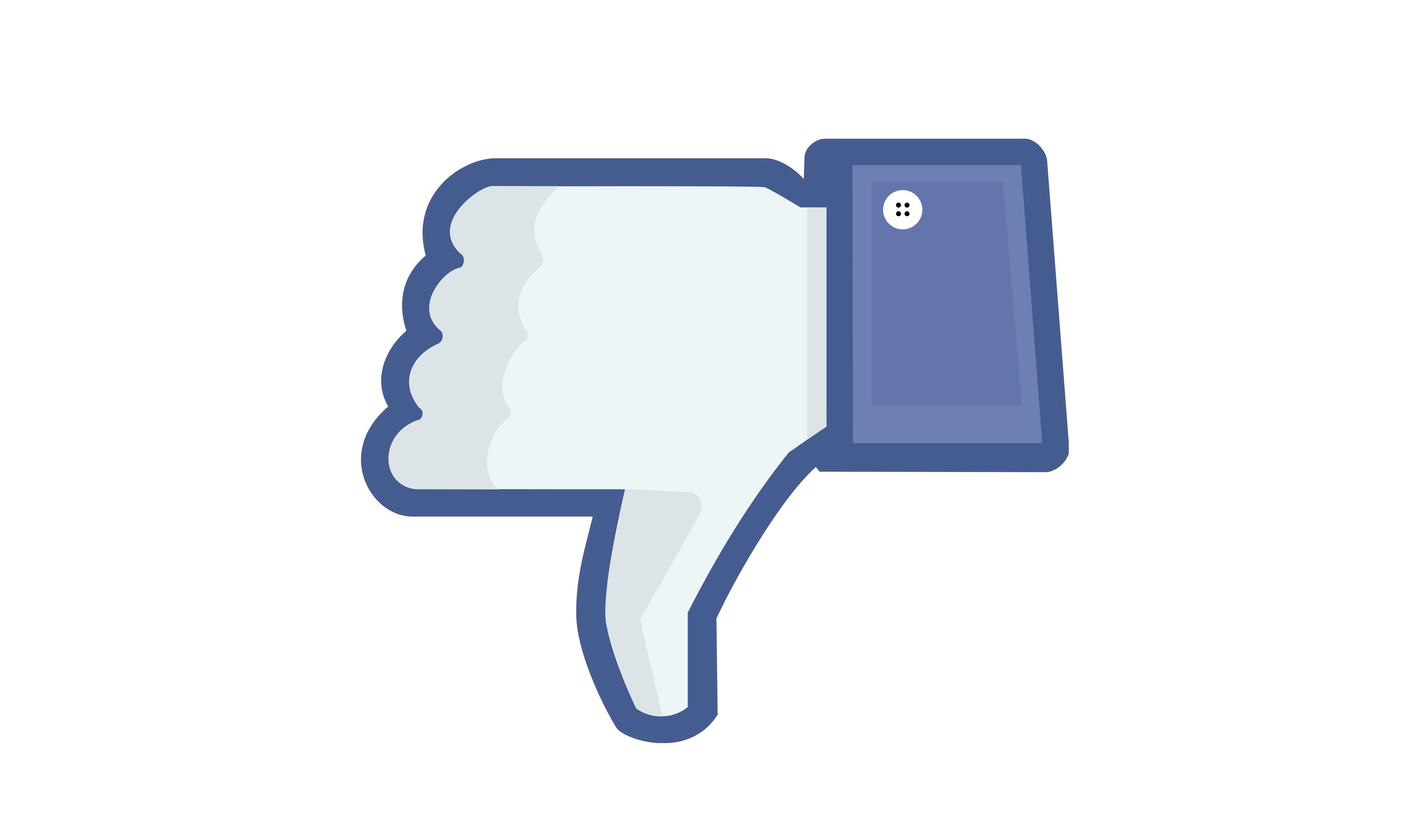Why it matters: CrossFit is a fitness-focused lifestyle plan powered by some pretty passionate opinions on the prevailing views of the health market that they believe "have unleashed a tsunami of chronic disease upon our friends, family and communities." As it turns out, those zealous opinions extend to Facebook and Instagram, which has caused CrossFit to abandon them in disgust. Their reasoning, though extreme, is somewhat compelling.
In a press release, CrossFit revealed the breaking point: the deletion of the Banting7DayMealPlan user group, without warning or explanation. Banting is an alternative high-fat low-carb diet with no set meal times or processed foods, and its Facebook group had 1.65 million users, including 1 million from South Africa. The group mostly posts testimonials and discusses the merits of the diet or how it might be implemented. While the group has been reinstated (still without explanation), CrossFit is right to call into question why Facebook removed it in the first place. While Banting is probably inadvisable, groups advocating for it have a right to exist.
Still, that's far from the only reason CrossFit abandoned the platforms. Here are their other reasons, and the evidence for or against them:
1. Facebook collects and aggregates user information and shares it with state and federal authorities, as well as security organizations from other countries.
Since 2013 Facebook has received 110,634 requests from law enforcement and government agencies, and they've handed over data in 73.1% of cases. The two largest requesters, the US and UK, have had 88% and 91% of requests fulfilled, respectively. Of all the requests, 91.4% have been approved by courts, but in 8.6% of cases Facebook fulfills an emergency request with no oversight when they "have a good faith reason to believe that the matter involves imminent risk of serious physical injury or death." Facebook is just as likely to fulfill an emergency request as one with legal oversight.
2. Facebook collaborates with government security agencies on massive citizen surveillance programs such as PRISM.
In 2013, National Security Agency contractor Edward Snowden revealed to certain media outlets that since 2007 the US government had been operating PRISM, a data collection program that incorporates most of the data that Google, Facebook, Microsoft, Yahoo, Apple, and most major tech companies store. While court and Congress approved, it is highly invasive, but it doesn't involve any more data than consumers already provide to these companies. The government has since confirmed its existence.
3. Facebook censors and removes user accounts based on unknown criteria and at the request of third parties including government and foreign government agencies.
There's no recorded evidence of this, though in some cases governments have requested that Facebook ban certain accounts promoting hate speech. One such case occurred when the Israeli government threatened Facebook with fines if they didn't remove a specific list of accounts Israel believed were promoting terrorist activity. Facebook removed 95% of them.
4. Facebook collects, aggregates, and sells user information as a matter of business. Its business model allows governments and businesses alike to use its algorithmically conjured advertising categories as sophisticated data-mining and surveillance tools.
Facebook doesn't sell user information per se, but by letting advertisers select demographics to target it gives them significantly more power than they've ever wielded in the past, and it also hides the advertisements from other demographics. For example, a company could abuse Facebook's system by targeting a dangerous weight-loss program to vulnerable teenagers, and doctors and parents wouldn't see those ads and complain like they would if they saw them on a billboard.
5. Facebook's news feeds are censored and crafted to reflect the political leanings of Facebook's utopian socialists while remaining vulnerable to misinformation campaigns designed to stir up violence and prejudice.
There's no evidence to suggest that Facebook is attempting to guide political opinion themselves, but considering the generally left-wing views of the employees, it's possible those ideas are favored a little by accident. Regarding misinformation campaigns, well, that depends on what one personally classifies as misinformation.
6. Facebook, as a matter of business and principle, has weak intellectual property protections and is slow to close down IP theft accounts.
It's exactly this issue that the European Union is targeting with their troublesome Article 13 (now renamed to Article 17).
7. Facebook has poor security protocols and has been subject to the largest security breaches of user data in history.
This isn't quite true. The data breach crown actually goes to Yahoo, which exposed 3 billion people's names, email addresses, dates of birth and numbers. There was also the Aadhaar breach, affecting 1.1 billion people, and the Marriot breach, affecting 500 million. Facebook's largest single breach was the Cambridge Analytica scandal involving 87 million accounts, though that's still a lot.
8. Facebook is acting in the service of food and beverage industry interests by deleting the accounts of communities that have identified the corrupted nutritional science responsible for unchecked global chronic disease. In this, it follows the practices of Wikipedia and other private platforms that host public content but retain the ability to remove or silence---without the opportunity for real debate or appeal---information and perspectives outside a narrow scope of belief or thought. In this case, the approved perspective has resulted in the deaths of millions through preventable diseases. Facebook is thus complicit in the global chronic disease crisis.
CrossFit's final reason is a little less easy to confirm or deny. Given their Twitter account is still active, and Twitter isn't notably better, it seems this last reason is CrossFit's main one.
